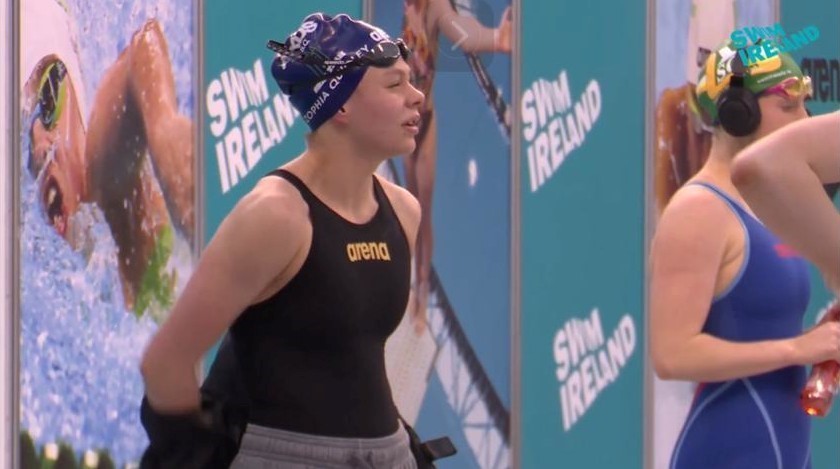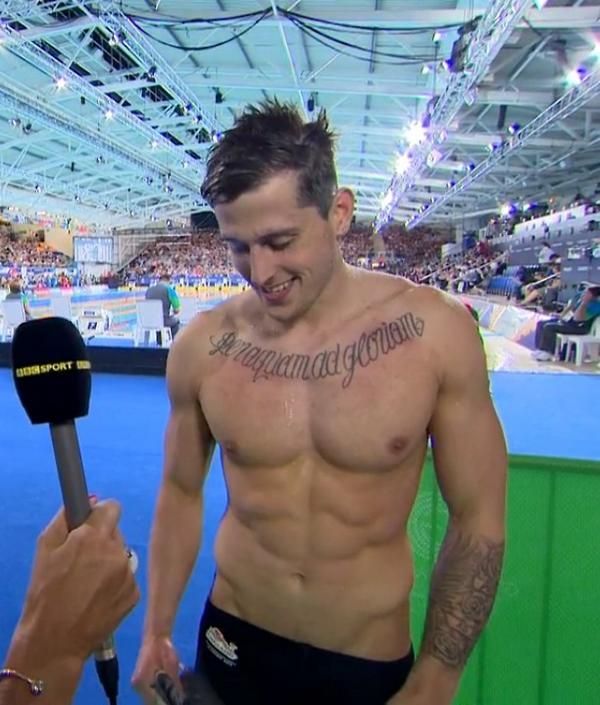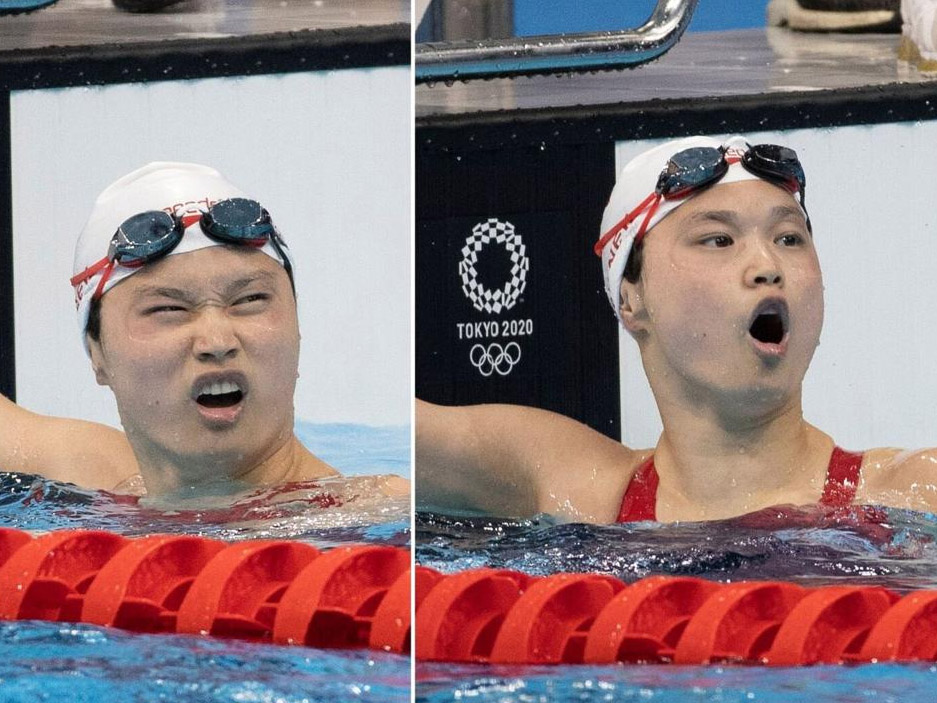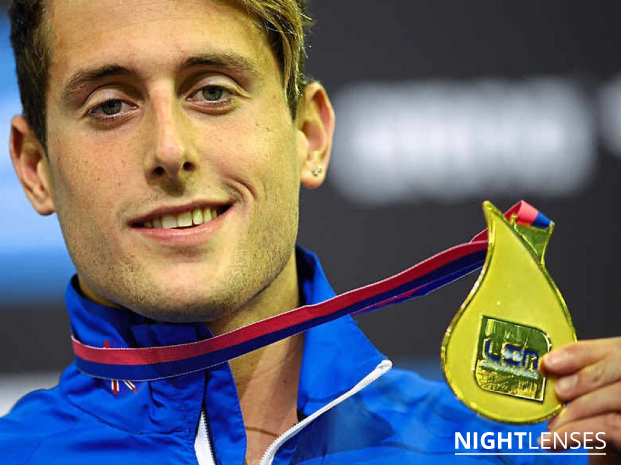Usually short-sighted swimmers either use prescription goggles or day lenses under their goggles, both of which can be problematic. Or worse, many decide not to wear anything, which causes a headache for their coaches.
Zophia switched to night lenses, which gave her perfect sight with nothing in her eye, a non-surgical alternative to laser eye surgery. It was a game changer for her swimming career.
We thought it would be interesting to hear her coaches view about night lenses, so we
caught up Curtis and asked him about it:
So, what difference do you think night lenses have made coaching Zophia, for example with her reading your coaching notes on the board?
In terms of our training, Zophia would at times be placed in different lanes of the pool. At some pools we go to, the board can be too far away. So, what we do, especially with a group of around 6 lanes and over 20 swimmers who each require instruction, is to place said instructions on the board. Zophia would have to read line to line and often had to hop out of the water and run to the board to have a much closer look at it.
Do you find it easier to coach her now she uses night lenses?
Yes, because she can now stay in the pool and get through training easier.
Some of the swimmers still use day lenses and prescription goggles. Have you seen any problems with them during practice?
I have! With day lenses, the water tends to get in and push the lenses out of place in the eye. Prescription goggles can be used as an alternative, but they tend to fog up. Also, when normal swimmers have the goggles on, they usually take them off to read the board because it is clearer, as there can be dirt and fog on them. However, people with prescription goggles have to keep them on. So they struggle with the same problem, not being able to see if they have steamed up or if they have a bit of dirt on them. Obviously, you can see better naturally with your eyes than with steamed up prescription goggles on. Likewise, I know an Olympic swimmer who had to walk back from his races with his prescription goggles on to get to his glasses in the changing room.
This is exactly what Chris Walker-Hebborn said about confidence. He felt he needed to look invincible. Having to walk around with your goggles on wouldn’t help with that. Confidence is very important to young swimmers right?
Yeah, they have to feel confident around their teammates. In general, we don’t really want swimmers getting out of the water. For example, they are meant to go to the toilet at a certain point in the set and not just get out at any old time. In a way this is kind of the same thing, you really don’t want them having to get out to read the line-by-line instructions on the board. You just want them to get on with it as best as possible.
Youngsters today with the pressure of social media care about how they look and how they come across. Do prescription goggles, or swimmers deciding not to wear any device at all, cause issues?
A famous example would be Canadian swimmer Maggie Mac Neil, who was the 100 metre Olympic champion in Tokyo. There is a famous photo of her in the water after the race not realising that she had won the gold! She was squinting at the board, and it took her quite a long time to realise. So, as you were saying in terms of their image, she had this photo spread around social media, which wouldn’t help with confidence.
[Editor’s note: Zophia was happy to share a photo of her that she didn’t like, pre night lenses, of her squinting at the board. After near catastrophe at the Europeans with a dislodged day lens under his goggle after a tumble turn, Chris Walker-Hebborn stopped using day lenses. Photos of him at the time show him looking down, or he would sometimes be interviewed on TV not knowing his time as he couldn’t see the board or didn’t want to be photographed squinting trying to see it].





